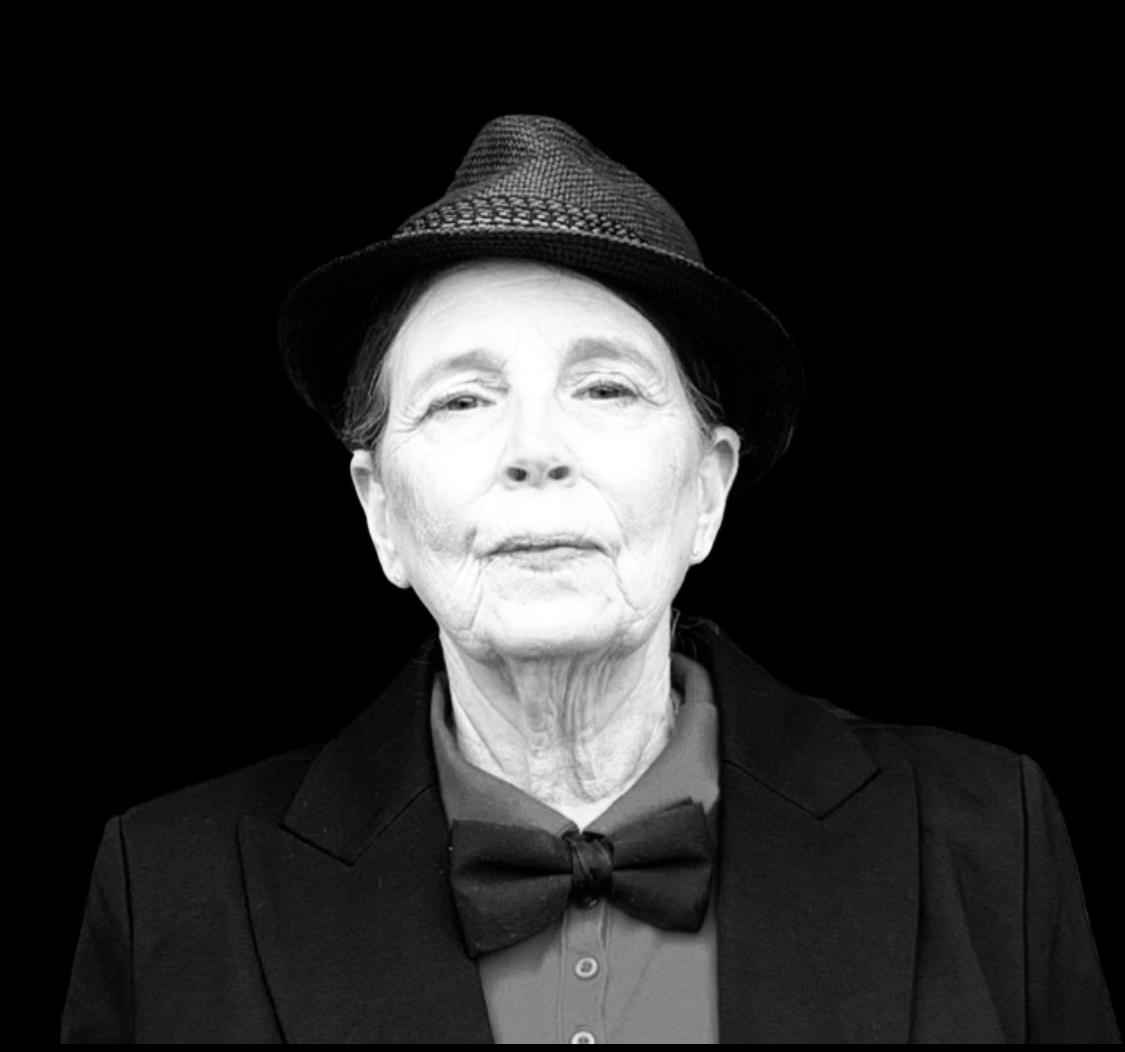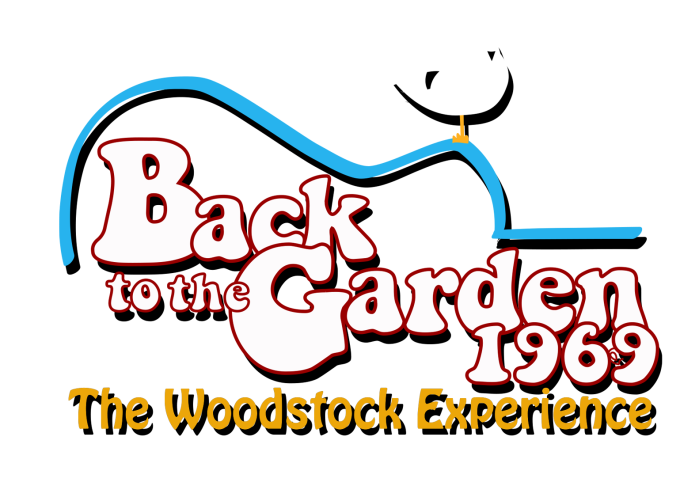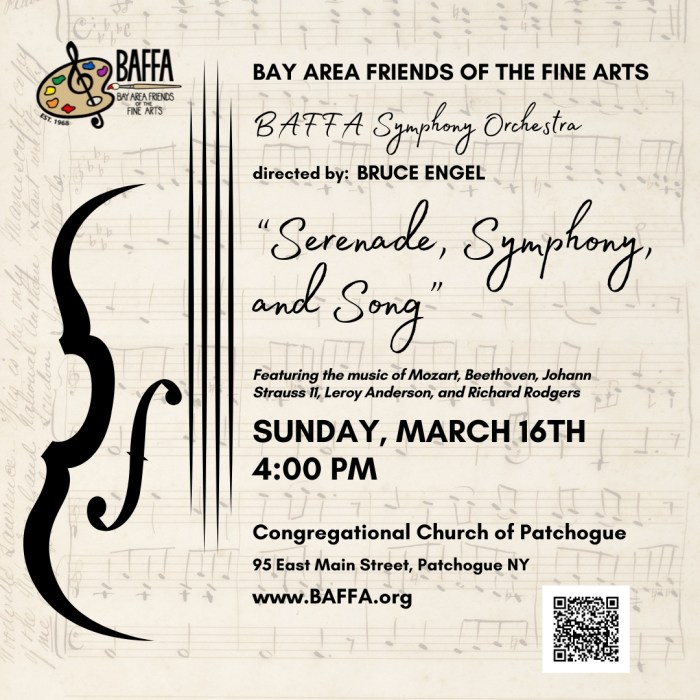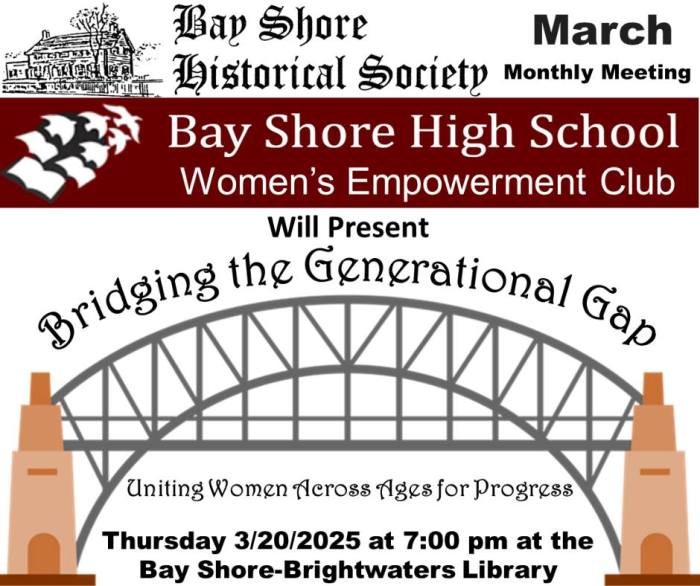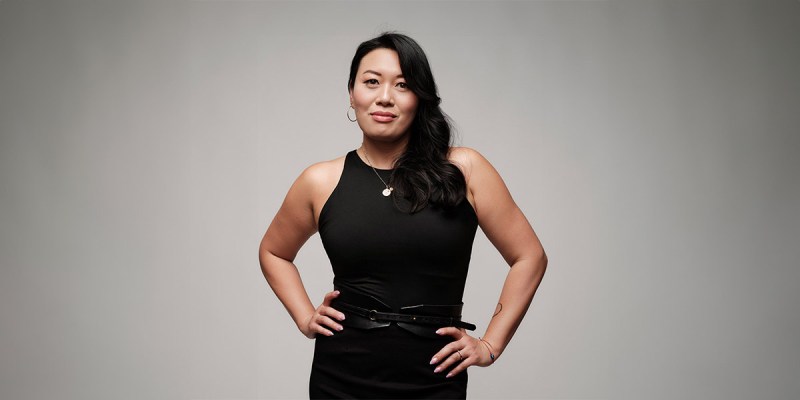“The LGBTQ+ community across the world calls me ‘mom,’” proudly declares Long-Island-based, world-renowned poet Rusty Rose. “I am known as the mother of the movement, having been at the Stonewall.”
Rusty Rose—literary name Rita B. Rose—is an international poet and Long Island’s first LGBTQ+ poet laureate. Just this year, she was voted Best Poet on Long Island. She is also a life-long LGBTQ+ activist, fighting for liberation for the queer community on both a local and global level.
“I write serious poems, I write lighthearted poems, I dabble in artwork,” says Rose. Her paintings, she mentions, were published in the avant-garde magazine “The Exhibitioner,” a copy of which is housed in the Museum of Modern Art. “I was a rock-and-roll singer,” she continues. “I was friends with the late Janis Joplin.”
While Brooklyn-born and West Babylon-raised, Rose also calls Fire Island home.
“In the 1950s, with my mother and father, we used to visit what we now call Cherry Grove,” she recalls. “In the 1960s, I went back and forth. . .we always had parties in the Pines. So, I’ve been there all along. I’ve always had a relationship with it . . . I love all of it. It’s like a second home to me.”
Fire Island is often the starting point of Rose’s poetry, literally and figuratively. To this day, she draws inspiration from the island’s unique ecology and historical significance as a queer sanctuary.
“I actually stayed with a friend at Cherry Grove about two years ago and just spent my time sitting on the boardwalk, writing,” Rose says. “In the middle of the night, I would be writing, sitting and looking at the stars and Cherry Grove.”
If Fire Island is often the geographical locus of her writing, the Stonewall Inn in New York City’s Greenwich Village is the source of much of her imagery and symbolism. At 17 years old, Rose found herself at the center of the now-infamous police raid on the iconic gay bar in the summer of 1969. While many fled, Rose stood her ground and resisted arrest.
Her work frequently references the riots. She seeks to redress Stonewall’s mythologized legacy, transmuting her memories of that event and the movement that coalesced around it into poetry and prose.
“‘There were no lesbians at Stonewall!’” is one such misconception, according to Rose. “Hello, I’m here, I was there!” she laughs.
Her poem “Put the ‘T’ First” is another example. Rose began writing it during a trip to Fire Island Pines and seeks to recenter trans folks in the history of Stonewall and the LGBTQ+ movement.
“I needed to correct what was said and what wasn’t and say, ‘Yes, we did have trans representation at the Stonewall,’” she explains.
Trans folks were misunderstood by society for many years, Rose says. Even within the queer community, she recalls sharp divisions and frequent infighting among gay men, lesbians, and trans people.
“We needed cohesion,” she states. “And that’s what Stonewall did. It cemented us together.”
While the poet has maintained strong ties to New York, Long Island, and Fire Island throughout her life and work, she feels a strong sense of duty toward the international LGBTQ+ community. Although the LGBTQ+ movement in the U.S. has come a long way since Stonewall, Rose believes the community’s responsibility to its global kin often falls by the wayside.
“People like to stay in their little bubble,” the poet explains. ‘For many people, it’s too painful to know what’s going on in Venezuela, Africa, Uganda, and Kenya. It’s like they turn a blind eye to it . . . If we could get together and march to the White House in solidarity with our global community and demand an end to the violence, maybe we could make a difference.” Instead, she laments, Pride has become a corporatized celebration, divorced from its revolutionary beginnings.
She continues, “If we want to change what’s going on, if we want other people to pay attention, we need awareness and solidarity within our community. We as a group need to say, ‘Enough is enough.’”
She fears that our contemporary political moment, in many ways, echoes the early days of the queer liberation movement.
“They’re trying to get all of us back in the closet. They want to take everything away.”
“Women’s rights, too,” she adds. “I fought for Roe vs. Wade; I’ll be damned if you take our rights from us again.”
However, she says, the younger generation of activists reminds her of her own. “Stay determined, and don’t give up,” says Rose, addressing young LGBTQ+ writers, artists, and activists.
Beyond LGBTQ+ history and activism, Rose’s poetry speaks to larger questions, such as who is remembered and what we seek to forget.
“It’s for everyone, actually,” Rose says, describing her poetry and prose. “In my writing, I try to drop hints—about Stonewall, but not just that. The answers people are looking for.”
Rose’s poetry can be found in RFD Magazine, Spillwords Press, Poetry Bay Magazine, the Long Island Quarterly, and beyond. Her latest books of poetry include Flower Poems: Personalities in Bloom, written during the COVID pandemic and published in 2020, and Veranda Sundown: Poetry and Twisted Prose, published in 2019. She also served as co-editor of Stonewall’s Legacy: A Poetry Anthology.



